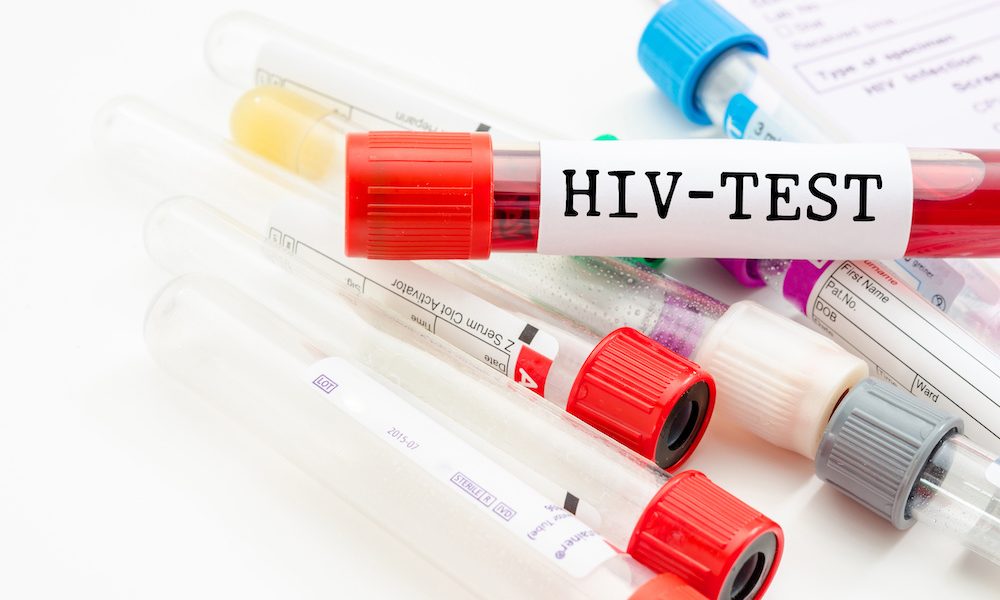
The latest HIV surveillance data for 2023, published by the UK Health Security Agency (UKHSA), show that the number of heterosexual men and women newly diagnosed in England with HIV has increased by more than 30 per cent since 2022.
Diagnoses among heterosexual men rose by 36 per cent (445 in 2022 to 605 in 2023) and among heterosexual women by 30 per cent (602 in 2022 to 780 in 2023).
The rise in cases was steepest for ethnic minority heterosexuals (excluding white ethnic minorities) with a 45 per cent rise seen in this group compared to the previous year.
Dr Tamara Djuretic, Co-Head of HIV at UKHSA, said: “It is clear that more action is needed to curb new HIV transmissions, particularly among heterosexuals and ethnic minority groups.
“Addressing these widening inequalities, ramping up testing, improving access to PrEP and getting people started on HIV treatment earlier will all be crucial to achieving this.
“HIV can affect anyone, no matter your gender or sexual orientation, so please get regularly tested and use condoms to protect you and your partners’ health.
“An HIV test is free and provides access to HIV PrEP if needed.
“If you do test positive, treatment is so effective that you can expect to live a long healthy life and you won’t pass HIV on to partners.
While HIV testing in sexual health centres overall increased in 2022 compared to 2023, it remains lower than before the COVID-19 pandemic.
Testing in sexual health clinics has increased by 34 per cent since 2019 in gay, bisexual and other men who have sex with me (GBMSM), however testing has fallen in heterosexual men (by 10 per cent) and in heterosexual and bisexual women (by 22 per cent) since 2019.
Overall, the number of HIV diagnoses first made in England increased by 15 per cent from 2,451 in 2022 to 2,810 in 2023.
UKHSA is working with partners to further explore the reasons for this rise in new diagnoses.
Contributing factors may include the contribution of the opt-out blood-borne virus testing in emergency departments (ED) programme, clinics not reporting some diagnoses which have been previously diagnosed abroad, or underlying transmission.
Minister for Public Health and Prevention, Andrew Gwynne, said: “This data shows we have much more work to do and brings to light concerning inequalities in access to tests and treatments.
“I will be working across government to ensure that we work to stop HIV transmissions for good.
“Our new HIV Action Plan aims to end transmissions in England by 2030 with better prevention, testing and treatment.”
Since HIV PrEP was commissioned by the NHS in autumn 2020, the number of people taking PrEP has increased annually.
Department of Health and Social Care (DHSC) with UKHSA, NHS England and partners have begun the development of the next HIV Action Plan.




